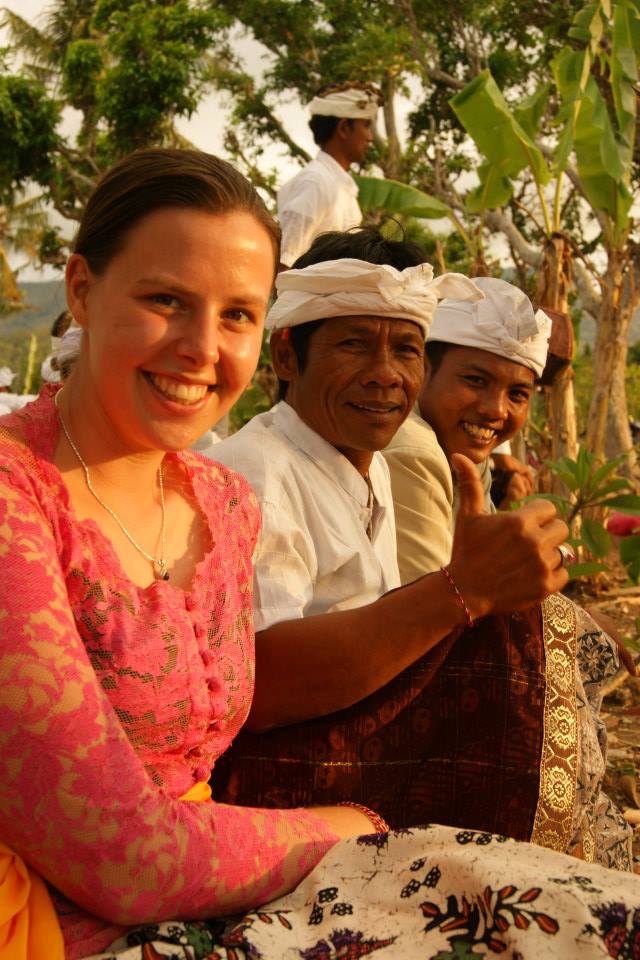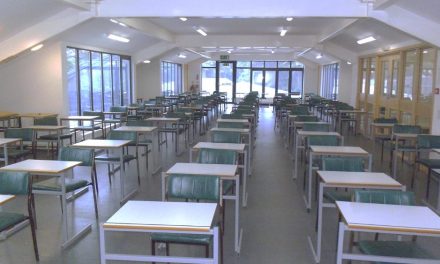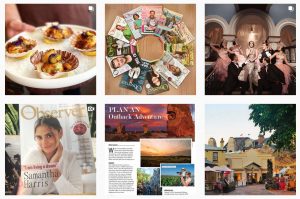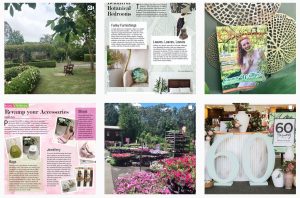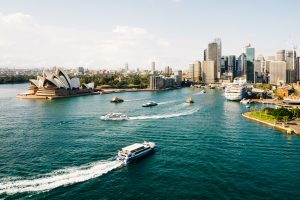The future of an island paradise in doubt, the Central Coast’s Ellie Wallis heads to Indonesia to teach fair trade and sustainable tourism.
Steph Nash
Ellie Wallis doesn’t look like your average entrepreneur. The 20-year-old studies a double degree at the Australian National University, tutors English and Indonesian for spare change, and, when she’s not too busy, likes to travel with her boyfriend, Wayan, around the Asia Pacific region. And did I mention they built an Indonesian tour business from scratch?
Wallis has always been passionate about learning, giving and discovering new things. Her first trip to Indonesia was in 2013 when desperately needing a break from her full-time Australian law and Asia Pacific studies. Having dabbled with Indonesian studies in both primary and high school, Wallis always secretly longed to put her well-polished skills to the test. After her first year of university, she embarked on a “gap year” trip to Indonesia, hoping to meet new people and indulge her love of the Asia Pacific region.
“A friend and I decided to take the weekend off and head to this beautiful little island that she’d visited over the New Year period,” Wallis says.
“As soon as I was approaching Nusa Penida by boat, I was completely blown away. I’d never seen anything that so closely resembled an archetypal island paradise, and yet it still retained that untouched, wild air to it.”
Known for it’s rugged landscape and strong cultural authenticity, Nusa Penida is a diamond in the rough, south east of Bali. Unlike the typical hustle-and-bustle you’d expect from a Balinese province, Penida charms with calm ocean bays, spectacular mountain-top views and the relaxed islander lifestyle of its locals.
Far removed from the highly developed and over populated areas of Bali, the duo began to worry about the future of the small island paradise.
“We, and many amongst the Penidan community, feared Nusa Penida was slowly but surely becoming the next ‘Bali’ – an over-exploited ‘tourist paradise’,” Wallis says.
“We did not want to see Nusa Penida experience what Bali has – commercial success lorded over the preservation of traditional culture, looming environmental disaster and locals resigned to becoming staff in big hotel [chains] run by outsiders from wider Indonesia and beyond.”
Although by no means a ‘primitive’ culture, Wallis believes the Penida people could still be easily led astray by the competitive business practices of the Balinese. Bali’s booming tourist trade earns the province $5.5 billion every year and yet the minimum wage is only $US125 per year. According to the Borgen Project (borgenproject.org), more than 160,000 people are living in Bali in extreme poverty. Fearing the eventual exploitation of their island paradise, they decided to start their own fair trade business, Nusa Penida Tours.
“What if we could somehow get a foot into the tourist market before it really boomed in Nusa Penida, and ensure that our operations were entirely locally run and completely based on fair trade tourism principles?”
“We want to completely change Nusa Penida’s trajectory – from an inevitable slip into [inequity] under commercial tourism to a sustainable and thriving local economy. A culture and environment that could grow through the operation of fair trade tourism. A type of tourism where locals would be empowered rather than exploited.”
Wallis’ brainchild, Penida Tours, aims to promote fair trade and sustainable tourism in Nusa Penida. In addition to providing tourists with a diverse range of exciting tours (anyone for a trip to Black Magic Island?), the business also organises transport and snorkelling equipment hire, money exchange, and provides free information to tourists about what to see and do in Nusa Penida.
The best part? All of these activities are structured using fair trade principles, with the founders committed to changing the future of the people of Nusa Penida.
“We work in adherence to fair trade tourism principles to ensure that the activities Penida Tours runs benefits the local economy, preserves the culture, and empowers the people,” Wallis says.
“From every tour we provide, a minimum of 15 per cent is put into a central fund that is then distributed every month to each Banjar, or village community, in Nusa Penida. Our most important program however, is the rotating roster. Each time a tourist comes to us looking for a tour, or to rent a motorbike, we rotate and change who provides the tour or who rents the motorbike. We want to ensure that all the families in the area gain a chance to benefit from tourism – after all; it’s their island that people come to see.”
Wallis has since passed on management of Penida Tours to Nusa Penida locals, hoping to focus on her studies.
Visit penidatours.com for more information.

